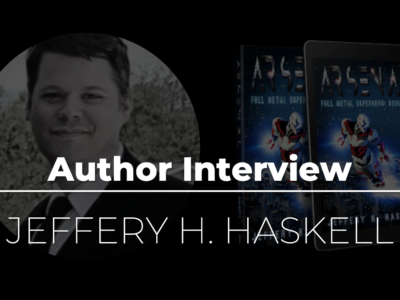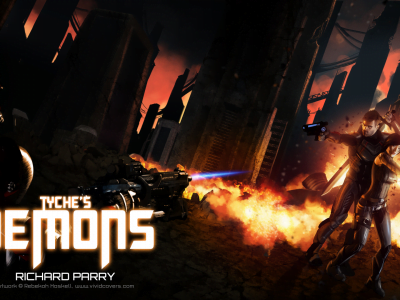I’ve been thinking: how do you find your ideal reader? There’s a lot of advice on this, most of which is using personas. This is an old trick I learned in IT Land™️ Way Back When™️. The idea is you work out who uses your product, and/or who you want to, and design services around those people. If you’re writing a mobile banking app for retirees to check their account balances, you damn Skippy better make sure you take into account their tech familiarity and ability mismatch scenarios, or it’ll crash and burn (…and/or no one will use it). My deep, introspective* thoughts suggests there are two interlinked parts: Who you write for, and Who you market to (or, perhaps, how you market to them). * In the shower last Tuesday. A friend and I talked about the different types Read More …








